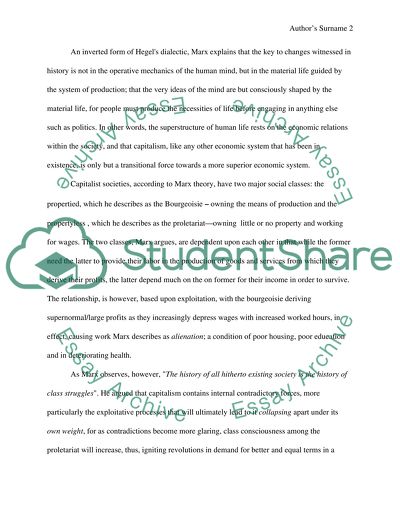Marx Assignment Example | Topics and Well Written Essays - 500 words. Retrieved from https://studentshare.org/philosophy/1688307-marx
Marx Assignment Example | Topics and Well Written Essays - 500 Words. https://studentshare.org/philosophy/1688307-marx.


